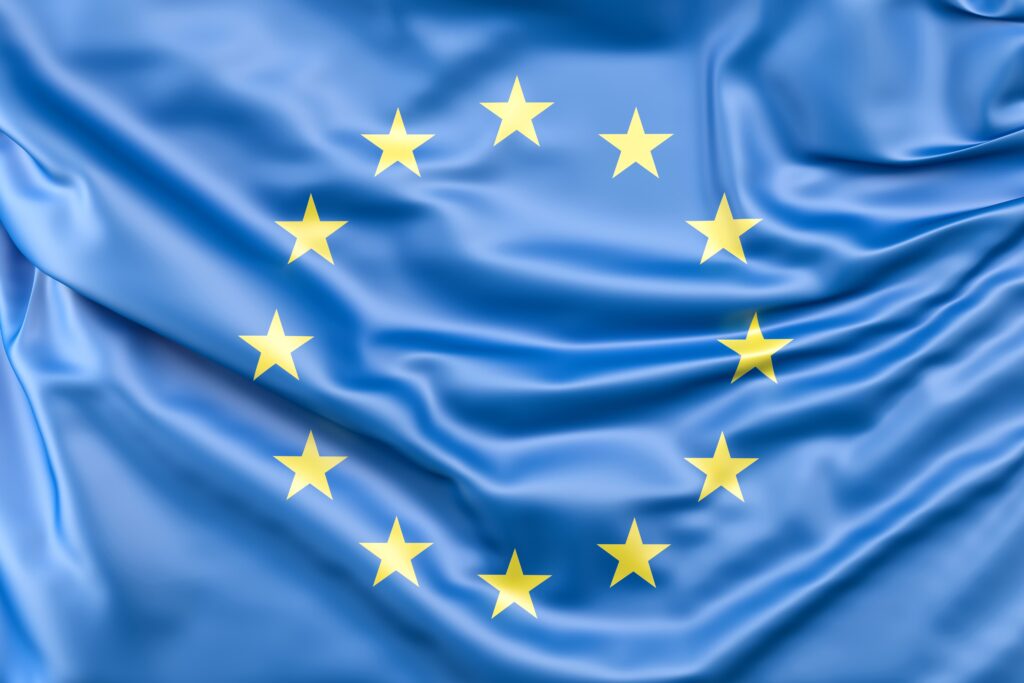Semicon Coalition unites EU on chip strategy and autonomy
EU signs Semicon Coalition declaration calling for Chips Act 2.0 to boost semiconductor production, research, skills and strategic autonomy.

European ministers have signed the Declaration of the Semicon Coalition, calling for a revised EU Chips Act 2.0 to boost semiconductor resilience, innovation, and competitiveness. The declaration outlines five priorities: collaboration, investment, skills, sustainability, and global partnerships.
The coalition, launched by the Netherlands in March, includes Austria, Belgium, Finland, France, Germany, Italy, Poland, and Spain. Other EU states joined today in Brussels, where Dutch minister Vincent Karremans presented the declaration to the European Commission.
Over fifty leading European and international semiconductor players have endorsed the declaration. This support strengthens momentum for placing end-markets at the core of the EU’s semiconductor strategy and aligns with Mario Draghi’s report on competitiveness.
The priorities include aligning EU and national funding, accelerating approvals for strategic projects, building a skilled talent pipeline, and promoting circular, energy-efficient manufacturing. International partnerships will also be deepened while safeguarding European strategic autonomy.
Minister Karremans said the strategy demonstrates Europe’s response to global tensions and its commitment to boosting semiconductor capacity, research funding, and readiness for demand in AI, automotive, energy, and defense.
Would you like to learn more about AI, tech and digital diplomacy? If so, ask our Diplo chatbot!
